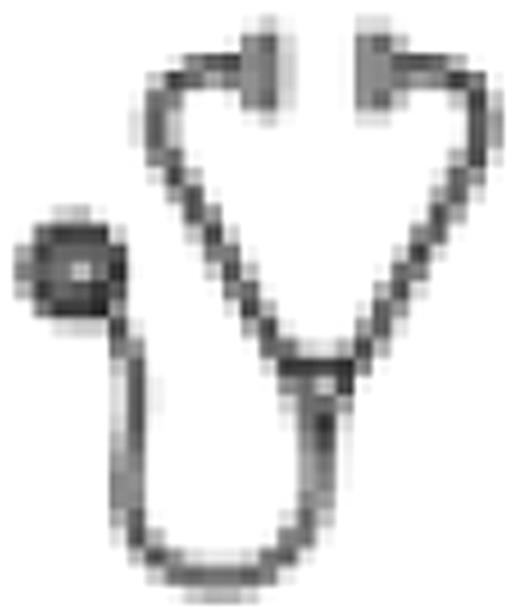Abstract
Abstract 561
Mantle cell lymphoma and indolent B cell lymphomas are incurable with chemotherapy but are susceptible to the T cell-mediated graft-versus-lymphoma effect of allogeneic hematopoietic cell transplantation (HCT). However, HCT is associated with high treatment-related morbidity and mortality, and furthermore, many patients are not eligible due to age, comorbidities, and lack of a suitable donor. We have therefore pursued a novel immunotherapy for lymphoma using adoptive transfer of autologous patient-derived T lymphocytes genetically modified to express a chimeric antigen receptor (CAR) specific for the CD20 antigen, a well-established immunotherapy target expressed on B-cell lymphomas. We conducted a previous clinical trial that demonstrated this approach was safe and feasible, but revealed several areas needing improvement, including modest in vivo persistence of transferred cells and limited anti-lymphoma effect. We have attempted to address these shortcomings in the current follow-up trial.
In this pilot phase I protocol, peripheral blood mononuclear cells were obtained from consenting subjects by apheresis, activated with OKT3 and IL-2, and electroporated on day 4–5 with a plasmid containing an SP163 translational enhancer and a NeoR gene and encoding a CAR consisting of a mouse anti-human CD20 scFv (Leu16), an IgG1 spacer, and CD4 transmembrane, intracellular CD28 and CD137 (4-1BB) costimulatory and CD3ζ signaling domains. Transfected cells were selected with G418 and expanded ex vivo by restimulation every 12–14 days using a rapid expansion protocol. Patients were lymphodepleted with 1000 mg/m2 cyclophosphamide (CY) two days prior to the first T cell infusion, and then received 3 infusions 2–5 days apart of 108, 109, and 3.3 × 109 cells/m2, followed by 14 days of low-dose IL-2 injections (250,000 U/m2 s.c. twice daily).
Four patients have been enrolled to date, and three patients received a total of 9 T cell infusions. The fourth patient, whose cells did not expand to the target level, opted to withdraw from the study rather than receive a reduced number of cells. Modified cells had an activated effector T cell phenotype (CD3+/CD45RAlow/CD45RO+/CD25+/CD27-/CD28-) and demonstrated in vitro cytotoxicity against CD20+ target cells. Toxicities related to T cell infusions occurred in 1 patient: grade 2 fever and orthostatic hypotension, and grade 3 hypoxia, which all resolved after overnight observation. Other toxicities were associated with CY and IL-2, and were mild and predictable. Modified T cells were detectable by PCR in lymph nodes and bone marrow in all treated patients, and persisted in peripheral blood for up to 5 months. Clinical responses to CY + T cell infusions + IL-2 included a complete remission in 1 patient lasting 10 months thus far, no evaluable disease in a second patient, who is progression-free after 7 months, and stable disease with a partial PET response lasting 3 months thus far in the third patient. Intermediate-dose CY resulted in significant depletion of circulating CD3+ T cells, including CD4+/FoxP3+ regulatory T cells, and CD20+ B cells in all patients, and led to increased IL-2, IL-7, and IL-15 levels in 1 patient.
These results suggest that infusion of CD20-specific T cells expressing a CAR containing costimulatory domains is well-tolerated, and lymphodepletion with CY and inclusion of costimulatory domains in the CAR leads to improved T cell persistence and possibly enhanced anti-lymphoma activity compared with “first generation” CARs. (Supported by NIH Grants R21 CA117131 and M01-RR-00037, the Lymphoma Research Foundation, the Damon Runyon Cancer Research Foundation, the American Society of Clinical Oncology Foundation, David and Patricia Giuliani, Bezos Family Foundation, Hext Family Foundation, the Edson Foundation, and the Leukemia and Lymphoma Society).
No relevant conflicts of interest to declare.

This icon denotes an abstract that is clinically relevant.
Author notes
Asterisk with author names denotes non-ASH members.

This feature is available to Subscribers Only
Sign In or Create an Account Close Modal